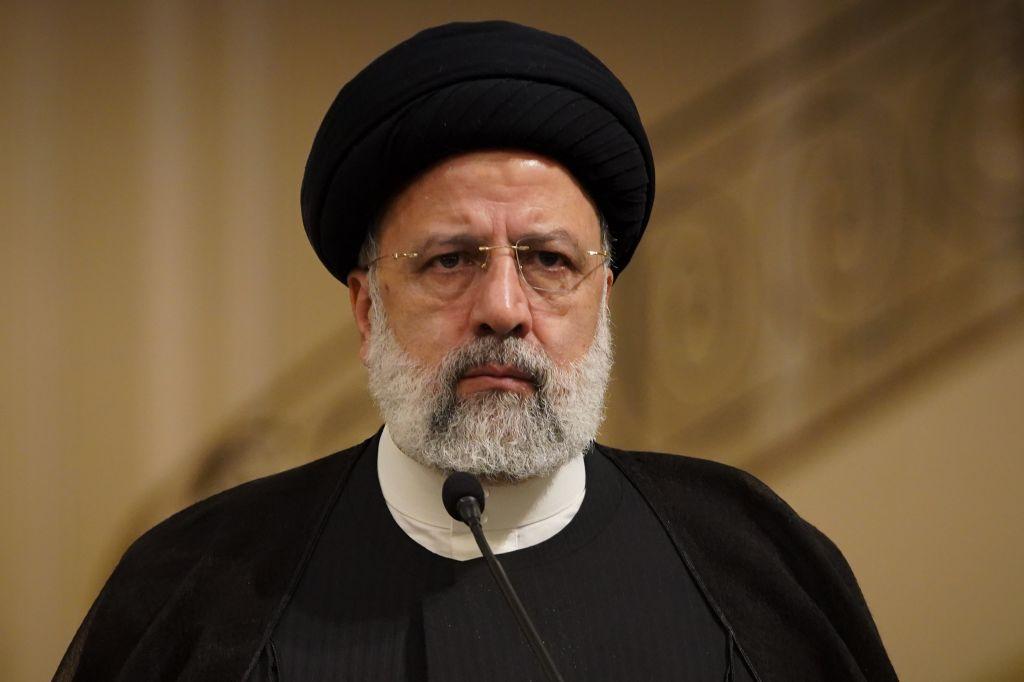The deaths of President Ebrahim Raisi and his foreign minister, Hossein Amir-Abdollahian, create a noticeable hole in the governing apparatus of the Islamic Republic of Iran. But the deaths are unlikely to bring substantial change in the direction of the republic’s domestic and foreign policy, which is very much shepherded by the country’s all-powerful supreme leader, Ayatollah Ali Khamenei.
Khamenei has moved fast to reassure the public that the business of running the country will remain as usual. He has appointed First Vice President Mohammad Mokhtar as acting president and endorsed presidential elections to be held on 28 June.
Even so, Raisi’s demise comes at a time when Iran is faced with many domestic and foreign policy challenges. The transitional period can turn out be quite unsettling, though not overwhelming.
Raisi was very close to Khamenei. He sang from the same hardline songbook as the supreme leader, with an unwavering commitment to the survival and continuation of the theocracy that has governed Iran for the past 45 years.
The Islamic regime, founded by Ayatollah Ruhollah Khomeini, has been maintained and propped up within a very tight framework of institutional arrangements and checks and balances. It reposits enormous religious and constitutional power in an indirectly elected supreme leader. In addition to his religious and constitutional authority, Khamenei presides over a host of agencies through which the state can rule and enforce law. These including, most importantly, the formidable Islamic Revolutionary Guard Corps (IRGC), its subordinate Basij para-military organisation, and revolutionary committees and Shia Islamic networks.
Under Khamenei, the Islamic Republic has been empowered to deal harshly with any internal upheaval or external threat, especially from arch enemies the United States and Israel. It has also forged very strong strategic ties with Russia and China.
Nonetheless, the deaths of Raisi and Amir-Abdollahian, the latter having become the main diplomatic face of the regime, have occurred at a time that is much more difficult for the regime than usual.
The regime is besieged by declining domestic popularity, as evidenced by public unrest led by the ‘Women, Life and Freedom’ movement since 2022. Although the protests have been contained, the public discontent continues to bubble on with loud voices calling for regime change.
The regime also faces serious challenges in the region. It has been brought to face-to-face confrontation with Israel by the war in Gaza and by Tehran’s support of Hamas and several other anti-Israel and anti-US forces in the region, particularly Lebanese Hezbollah, the Syrian regime, the Iraqi militia and Yemenis Houthis.
Further, the presidential election may not be all that smooth. Iranian politics are factionalised. The conservative or hardline factions, swirling around Khamenei and backed by Raisi, have largely controlled just about all levers of power in the past four years, leaving reformist clusters very marginalised. Although the hardline factions have no candidate at this stage, because Raisi was expected to run for a second term, they can be expected to do whatever it takes to capture the presidency. If this happens, it must frustrate the reformists, and even more so those who want to see the overthrow of the regime.
Yet the unexpected death of Raisi provides a unique opportunity for Khamenei to inject balance into the regime’s politics. He can urge the Guardian Council —the body that vets candidates for their ideological purity and political reliability—not to disqualify highly competent reformist candidates, as it did in the 2021 elections, enabling Raisi to win in a landslide.
The next important issue facing the regime is the selection of a successor to Khamenei, who is 85 and not in great health. In the absence of Raisi, Khamenei’s son Mujtaba is viewed as the only likely candidate. But there is a constitutional procedure to be followed. The Assembly of Experts is entrusted with selecting or dismissing a supreme leader. Khamenei has a strong cohort of supporters in the assembly, but potential endorsement of Mujtaba will be seen as making the leadership hereditary. This will go against the constitution, causing more tensions within the ruling clerical stratum than has been seen before.
Raisi’s death may not seriously affect the Islamic Republic’s internal and external settings. But in the months ahead, the regime is set to be more preoccupied with internal matters rather than being engaged in major foreign policy ventures.


